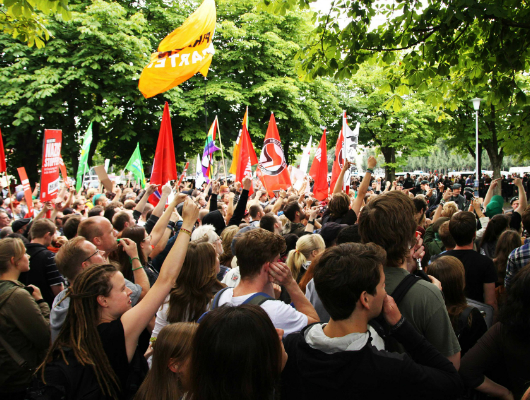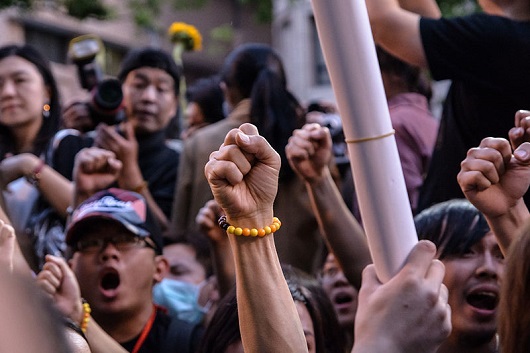Why We Need More Activists

When the world’s problems seem too big, too complicated and too terrifying to even try and solve, the words of Margret Meade always seem to provide much-needed perspective, “Never doubt that a small group of thoughtful, committed citizens can change the world. Indeed, it’s the only thing that ever has.”
Activism, as defined by the Cambridge Dictionary, is “the use of direct and noticeable action to achieve a result, usually a political or social one.” By this definition, an activist is someone who does an action on behalf of a cause.
The traditional method of activism usually involved a picket and a protest. However, with the introduction of the Internet and the expanding access to information and connectivity, activism has begun presenting itself in diverse, and arguably more effective, ways.
Activism has played a role in ending slavery, protecting civil rights, promoting equality for women and many other issues, but as the way activism works begins to change, the need for activists grows.
Before globalization and the hyper interconnectivity of our world through trade and online access, problems were handled generally at a local level. Communities pushed against government policies they disagreed with or pushed for social change they deemed fit.
As issues expand to a global level, so must activism. But unlike the past, those most affected by certain life debilitating issues do not have the access needed to have their voices heard.
 Nearly half of the world’s population — a staggering 3 billion people — live on less than $2.50 a day.
Nearly half of the world’s population — a staggering 3 billion people — live on less than $2.50 a day.
While the international poverty line has been drawn at living on a $1.25 or less a day, which more than 1.3 billion people do, it is important to acknowledge that a significant portion of the people living on earth today is barely getting by. Poverty is especially rampant in undeveloped nations.
So in addition to dealing with economic insecurity, citizens of poor countries have few avenues for social, political or economic change. They cannot simply sign a petition for their government to implement better social programs.
Many of them live in rural communities far removed from their governments, and most of the governments in developing countries are unable or unwilling to help their citizens break the bonds of poverty.
This is why we need more activists. Half of our world is essentially voiceless. They cannot adequately act on behalf of their own cause, but that does not mean they should not be heard. If the portion of our population, who has enough, did enough, then couldn’t we all have enough?
We need to use activism to scream that global poverty must be eradicated.
There is what seems like endless ways to become a voice for someone who needs to have their needs heard.
Join organizations who have made it their mission to address global poverty in one way or another, volunteer at their events, rally your friends to become involved, contact your local and federal governing representatives to encourage them to join the fight.
It does not matter how you choose to be an activist, it only matters that you act.
– Brittney Dimond
Sources: Do Something, BMartin, Cambridge Dictionary, One, Permanent Culture Now, Activists Handbook
Photo: Pixabay, Wikipedia
